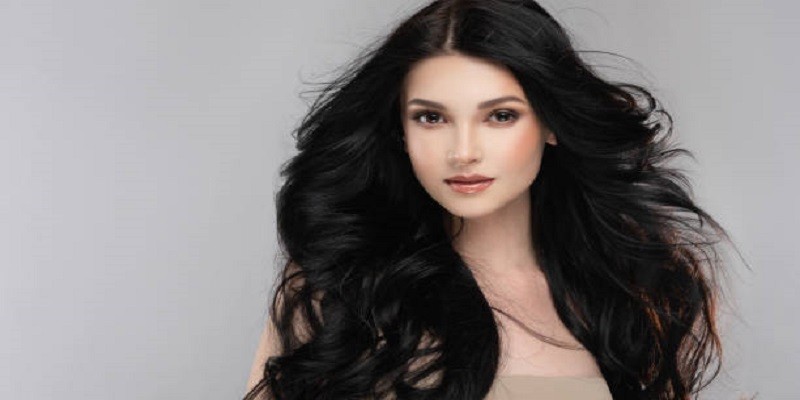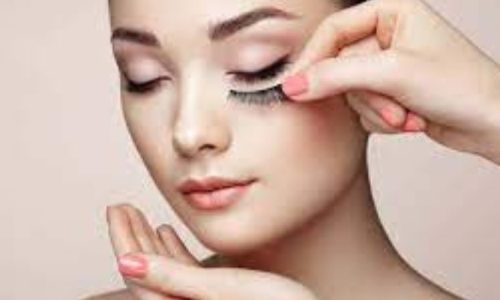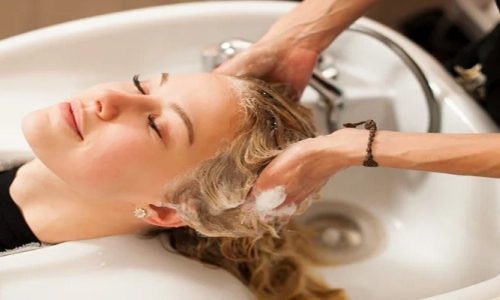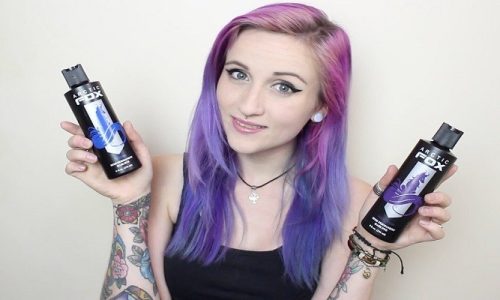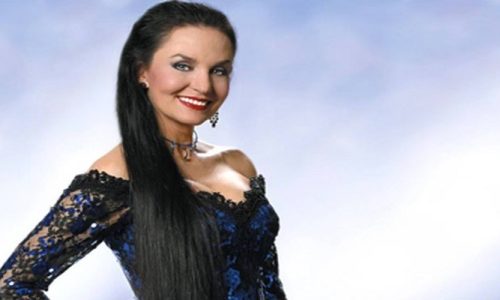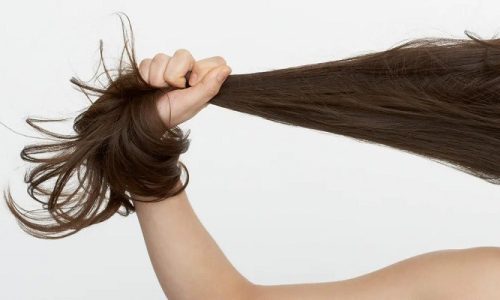Last Updated on June 18, 2025 by Jaclyn A. Neeley
The question of whether a white person can use hair products marketed toward the Black community is a nuanced and sensitive topic. While there are no strict rules prohibiting it, there are important cultural considerations and historical contexts to be aware of.
The Significance of Black Hair
For many Black individuals, hair is deeply rooted in cultural identity, self-expression, and a sense of pride. Black hair has a rich history, with various hairstyles and practices carrying symbolic meanings and connections to heritage. Protective styles like braids, locs, and twists have been a way to maintain hair health and embrace natural textures in the face of societal pressures to conform to Eurocentric beauty standards.
Throughout history, Black individuals have faced discrimination and stigma for their natural hair, with many workplaces and institutions enforcing policies that deemed certain hairstyles as “unprofessional” or “unkempt.” This has led to a long-standing struggle for acceptance and the celebration of Black hair in all its diversity.
The Rise of Black Hair Care Products
In response to the unique needs of Black hair textures, which range from coily to kinky, a market for specialized hair care products emerged. These products are formulated to address the specific challenges faced by Black individuals, such as dryness, breakage, and maintaining curl patterns.
Many Black-owned businesses and entrepreneurs have played a pivotal role in creating and promoting these products, not only catering to the practical needs of the community but also fostering a sense of pride and self-acceptance.
Cultural Sensitivity and Appropriation
While hair products are ultimately designed for specific hair types and textures, the use of Black hair care products by non-Black individuals can raise concerns about cultural appropriation. Cultural appropriation refers to the adoption or exploitation of elements from a minority culture by members of a dominant culture, often without understanding or respecting the cultural significance.
When non-Black individuals use Black hair care products without acknowledging or appreciating the cultural context, it can be perceived as a form of appropriation, diminishing the historical significance and struggles associated with Black hair.
Hair Type vs. Cultural Considerations
From a practical standpoint, the decision to use a particular hair product should primarily be based on an individual’s hair type and needs, regardless of their race or ethnicity. If a non-Black person has a hair texture that aligns with the intended use of a Black hair care product, there is no inherent issue with using it.
However, it is essential to approach this decision with sensitivity and respect for the cultural significance of Black hair. Non-Black individuals should educate themselves on the historical context and avoid appropriating or commodifying aspects of Black culture for personal gain or without proper acknowledgment.
Recommendations for Respectful Use
If a non-Black person chooses to use Black hair care products, it is recommended to do so with the following considerations:
- Educate Yourself: Learn about the cultural significance of Black hair and the historical struggles faced by the Black community in embracing their natural textures. Understand the importance of these products beyond their practical use.
- Acknowledge the Cultural Context: When discussing or recommending Black hair care products, acknowledge their cultural roots and the contributions of Black entrepreneurs and communities in creating and promoting these products.
- Avoid Appropriation: Refrain from appropriating or commodifying aspects of Black culture for personal gain or without proper respect and acknowledgment. Do not claim ownership or expertise over practices and traditions that are not inherently yours.
- Support Black-Owned Businesses: Consider supporting Black-owned hair care brands and businesses as a way to uplift and empower the community that has played a pivotal role in creating and promoting these products.
- Be Respectful: Approach the use of Black hair care products with humility and respect for the cultural significance they hold. Avoid making insensitive or ignorant comments that diminish or trivialize the experiences of the Black community.
Conclusion
While there is no definitive rule prohibiting non-Black individuals from using Black hair care products, it is crucial to approach this decision with cultural sensitivity and respect. By educating oneself, acknowledging the historical context, and avoiding appropriation, individuals of all backgrounds can appreciate and benefit from these products while honoring the cultural significance they hold for the Black community. Ultimately, the responsible and respectful use of Black hair care products can foster greater understanding, appreciation, and unity across diverse communities, celebrating the beauty and richness of all hair textures and cultural traditions.
FAQs
What happens if a white person uses a relaxer?
If a white person uses a relaxer, it can cause significant damage to their hair. Relaxers are formulated for tightly coiled textures and can be too harsh for straighter hair types. Using a relaxer on naturally straight or wavy hair can lead to extreme breakage, dryness, and even hair loss. It’s best for those with non-Afro-textured hair to avoid chemical relaxers altogether.
How to change white hair to black hair?
There are natural ways to darken white or gray hair using henna and indigo powder. First, apply a henna paste to cover grays with an orange-red tint. Then, after rinsing out the henna, apply an indigo powder paste which will darken the hair to a deep brown or black shade when combined with the henna. This two-step process is a safer alternative to chemical dyes.
Can Europeans have black hair?
Yes, it is possible for Europeans to have naturally black hair, though it is less common than brown shades. Truly black hair occurs more frequently in certain European populations like Italians, Greeks, and Spaniards. However, European black hair tends to have a softer, warmer tone compared to the jet-black hair typical of East Asians. Overall, brown and black are the most prevalent hair colors across Europe.
What are the benefits of using black hair products?
Black hair products are formulated for tightly coiled textures and can provide essential moisture and nourishment. Benefits include improved scalp health, stimulated hair growth, conditioned and strengthened strands, added shine, and versatility for various hairstyles like locs and braids. Quality black hair products use natural oils, butter, and herbs to hydrate and protect fragile curls and coils.
What are the risks of using black hair products for non-black people?
While black hair products can be beneficial for curly and coily textures, they may be too heavy or harsh for straighter hair types. Non-black people using these products risk dryness, product buildup, and potential hair damage or breakage. Some ingredients like petroleum, sulfates, and parabens should be avoided by all hair types as they can strip natural oils. It’s best to use products specifically formulated for your hair texture and needs.

